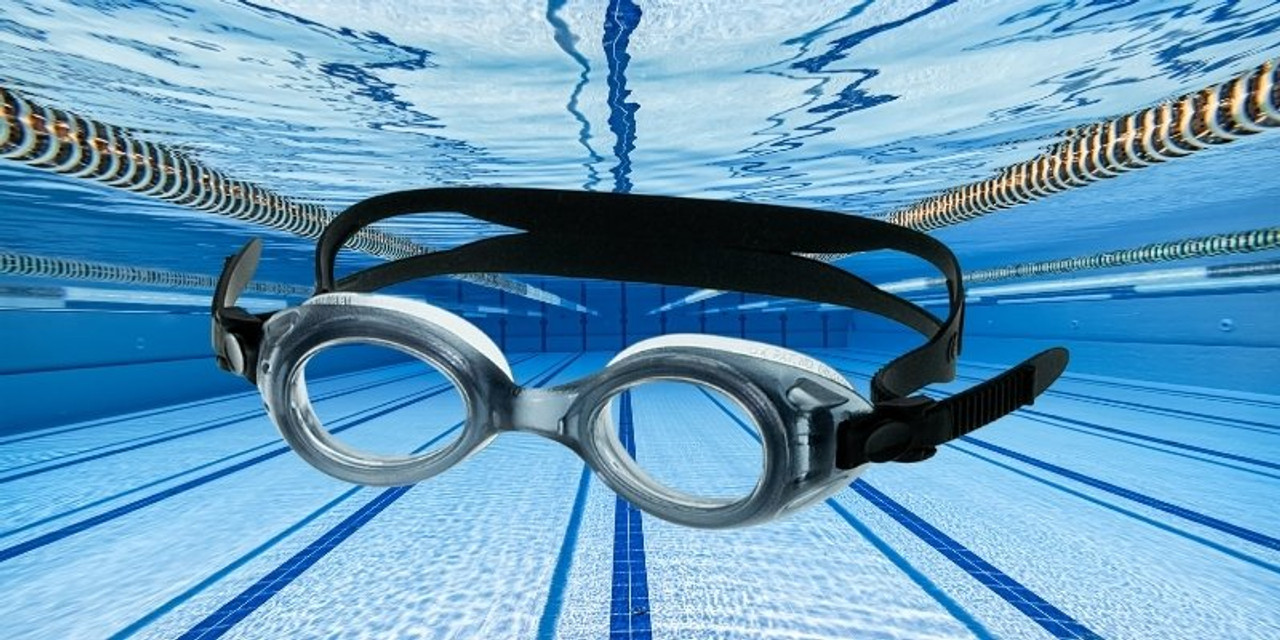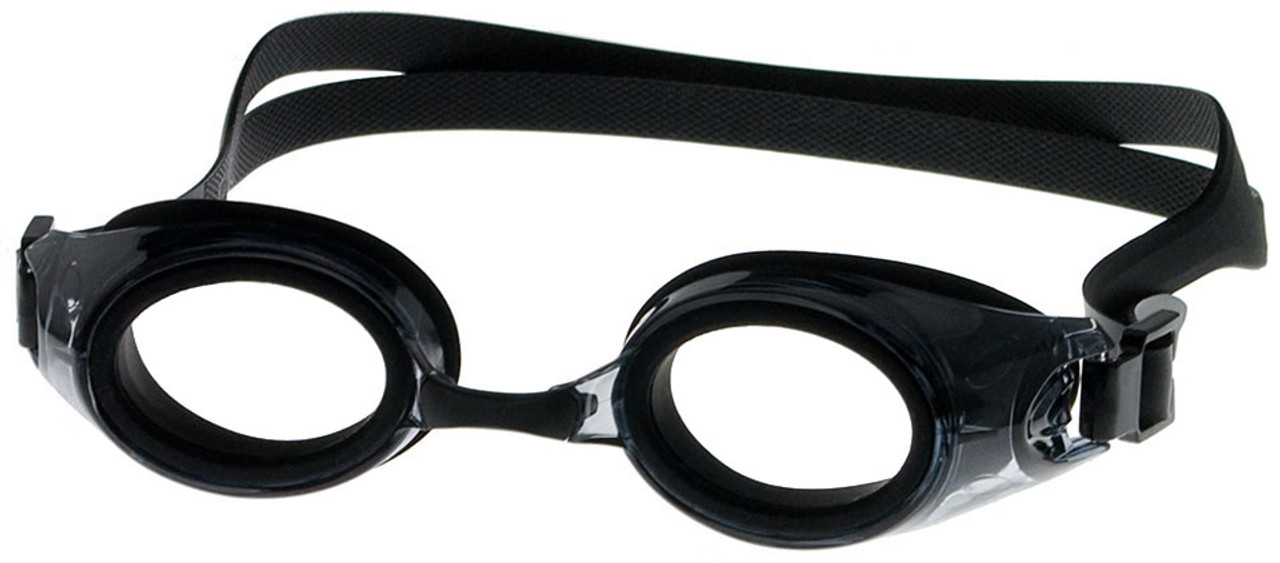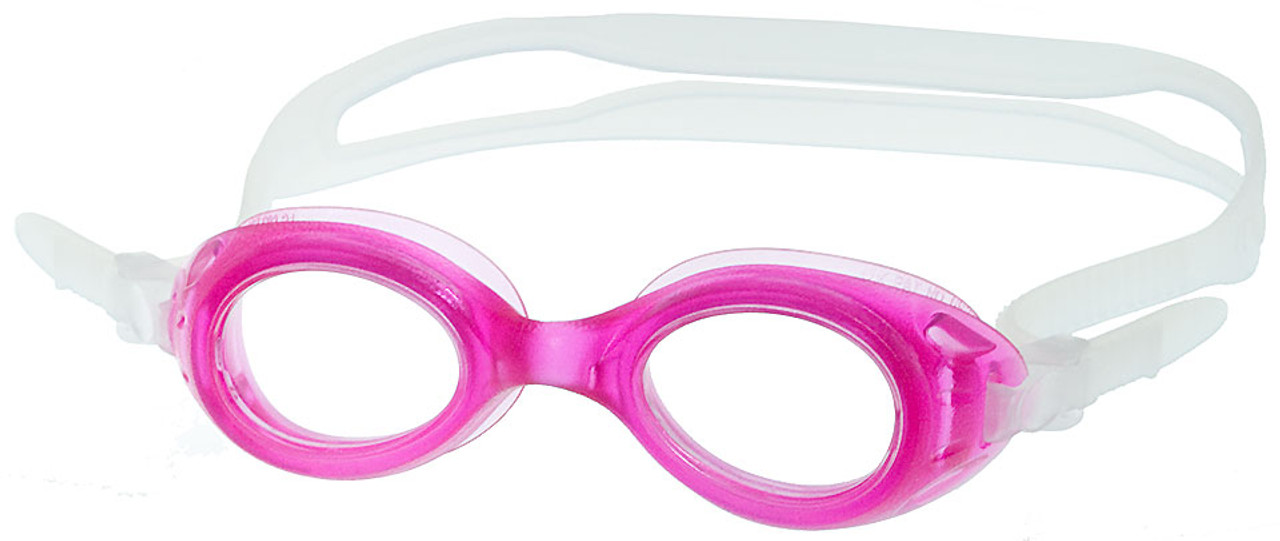Are Swimming Goggles Bad for Your Eyes?
Swimming goggles are designed to protect your eyes from the water, but you may also be wondering if they can do damage to your eyes. Swimming goggles are generally more protective than damaging for your eyes.
Are Swimming Goggles Bad for Your Eyes?
Swimming goggles can increase the amount of intraocular pressure in your eye. However, this slight increase in pressure isn’t likely to cause any serious damage or injury, and the protection they provide against pool pathogens and chlorine outweigh the negative impact of the added pressure.
How Are Swimming Goggles Safe?
The main concern with swimming goggles is being bad for the eyes is increased intraocular pressure. This is the fluid pressure in the eye. The pressure rises because of any physical force against the general eye area. The increase in pressure can be dangerous because it messes with the fluid equilibrium in the eye. If left untreated, it can cause damage such as retinal detachment, uveitis (red, irritated eyes), and glaucoma. Scientists did a study to see if various swimming goggles would cause the pressure to be higher than the normal healthy levels of the eye. The normal range of pressure is between 10 and 21. The pressure level where eye damage is likely to happen is over 21. The average increase in pressure from wearing different types of swim goggles is 4.5. This means it’s unlikely that a pair of swim goggles would cause someone’s eye pressure to be higher than 21, where eye damage would happen.
Pre-Existing Eye Conditions Should Avoid Swimming Goggles
This small increase in pressure isn’t enough to reach dangerous levels. If the goggles exceeded this threshold, the damage would only happen if the swimming goggles were worn for a long time. Most people would take off their goggles if the pressure starts to become too much. Even competitive swimmers take off goggles when they are finished with the race or workout. Even though the pressure increased while a swimmer was wearing the goggles, the pressure went back to normal levels as soon as the swim goggles were removed. Any eye pressure increases are only temporary and not permanent. If eye pressure continued to increase every time a swimmer wore swim goggles, then they could be dangerous to the eyes. Those with pre-existing eye conditions, such as uveitis or glaucoma, should avoid wearing swimming goggles.
The Importance of Fitted Swimming Goggles
If you want to ensure you are getting the advantages of swimming goggles, it's important to ensure that your swim goggles are fitted properly. To have the right fit, the suction should fit perfectly around the shape of your face for more than three seconds. If this doesn’t happen, the swim goggles aren’t the right fit. The seal around the eyes prevents contaminants and pool water from entering your eyes. If your swim goggles don’t fit correctly, then they could fall off when you are swimming and increase the chances of eye damage.
Why Swimming Goggles Are a Good Idea
Swimming goggles can be necessary to prevent your eyes from damage. Water in the pool, especially in public pools, can contain infested fungi, dead organisms, decaying leaves, and urine. When submerged in the water, this can increase the risk of eye damage. If you are swimming in a natural body of water, such as a lake or river, there could be even more unknown contaminants in the water. The eyes can become vulnerable when in contact with bacteria and other contaminants found in the water. Chlorine may not be enough to eliminate these contaminants. While chlorine is the best way to disinfect pool water, the process can’t get rid of 100% of the bacteria. The thin player of film on your eye that covers the surface is the part that is most affected by the chemicals. The chemicals wash away the layer, preventing you from seeing clearly and the eye from staying moist. When you exit the pool, your eyes will experience redness and irritation. If you don’t have any form of protection, your vision can become blurry over time and dry.
See Clear with Prescription Swimming Goggles
The best way to protect your eyes from damage while swimming is with goggles. You can even get your prescription added to your goggles, so it makes seeing underwater even easier. Making sure prescription swimming goggles are properly fitted will allow you to get the most benefit out of the goggles and still prevent any damage from wearing them.
Prescription Swim Goggles – Sports Goggles – Ski Goggles
Leader in Prescription Goggles and Glasses
Kids RX Swim Goggles – Adult RX Swim Goggles – Prescription Sports Goggles - RX Ski Goggles

 Canadian Dollar (CAD)
Canadian Dollar (CAD)
 Euro (EUR)
Euro (EUR)
 British Pound (GBP)
British Pound (GBP)










